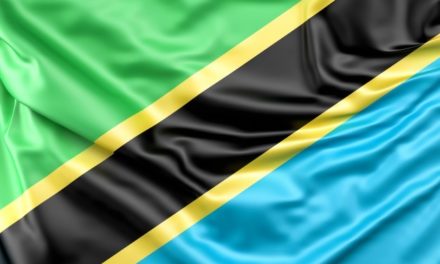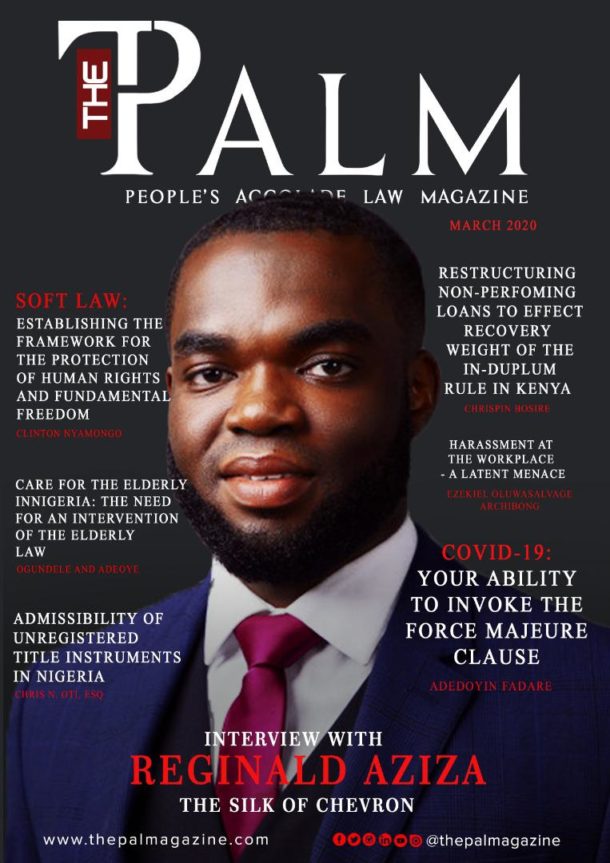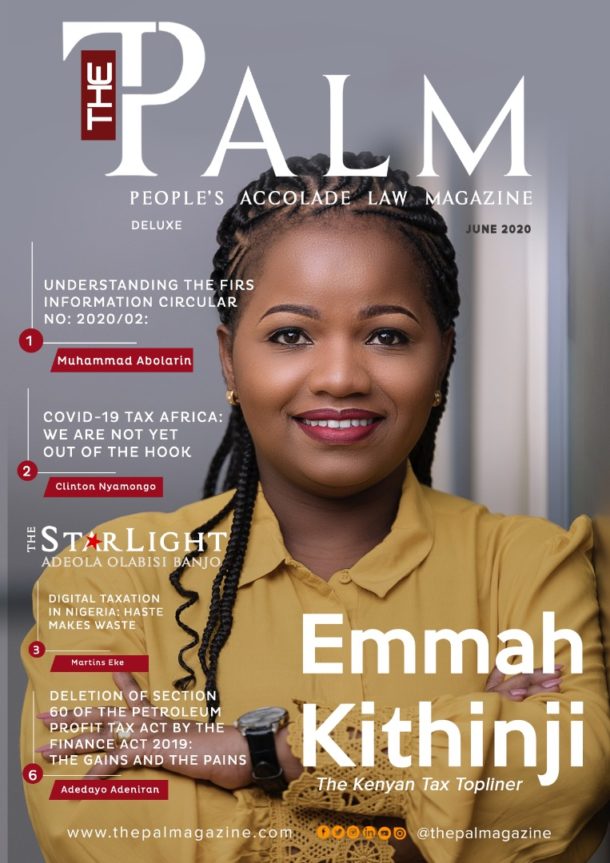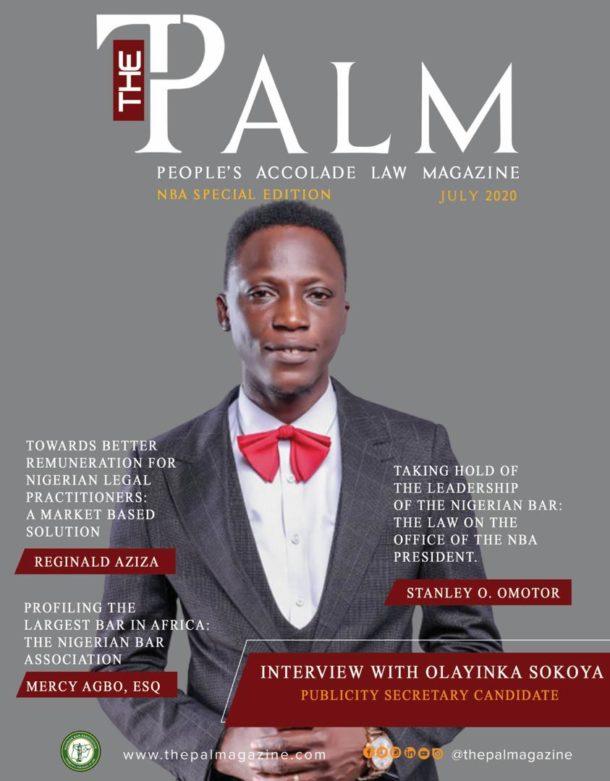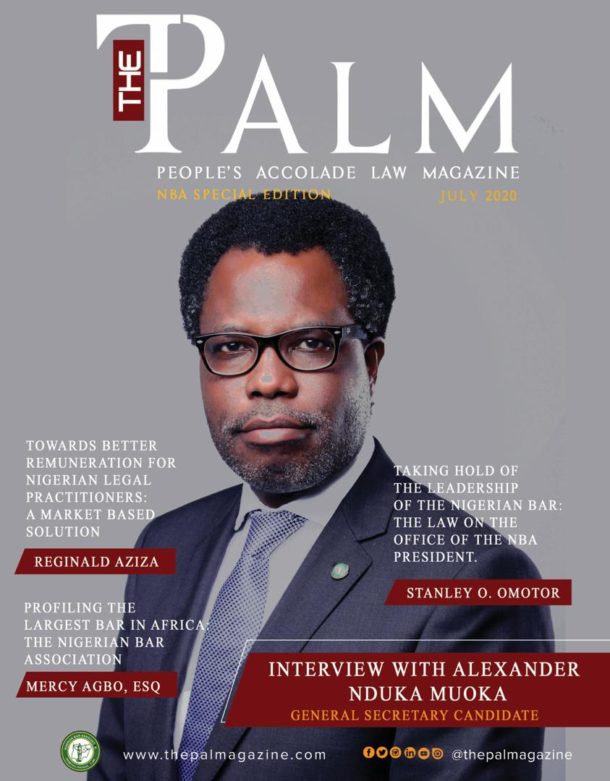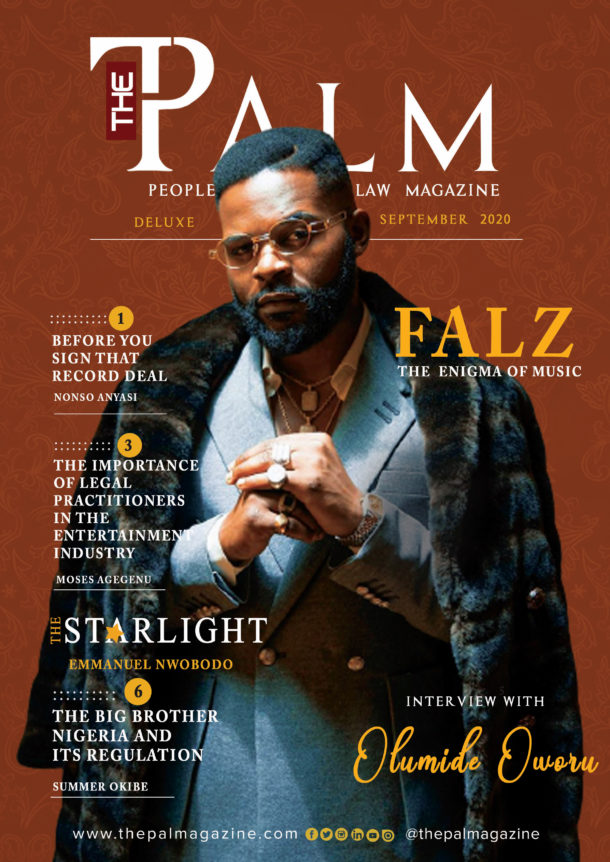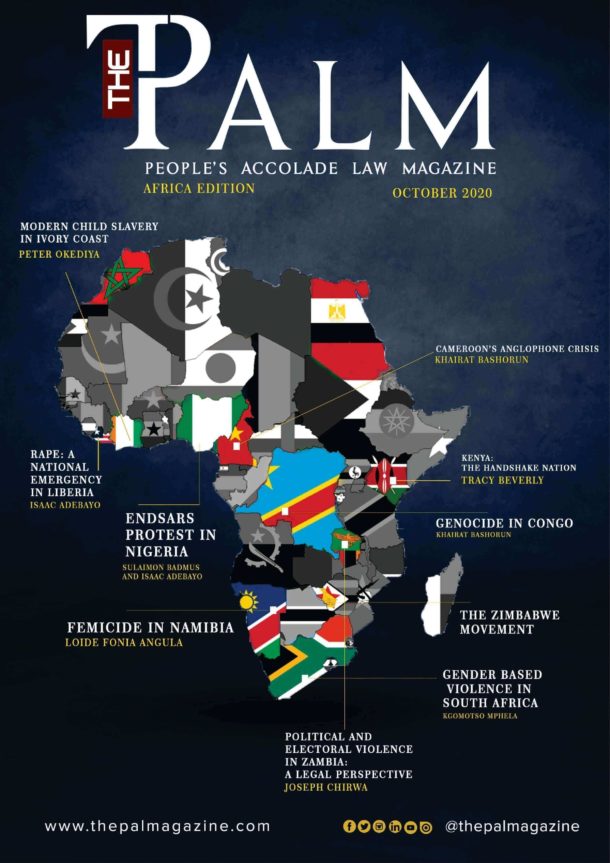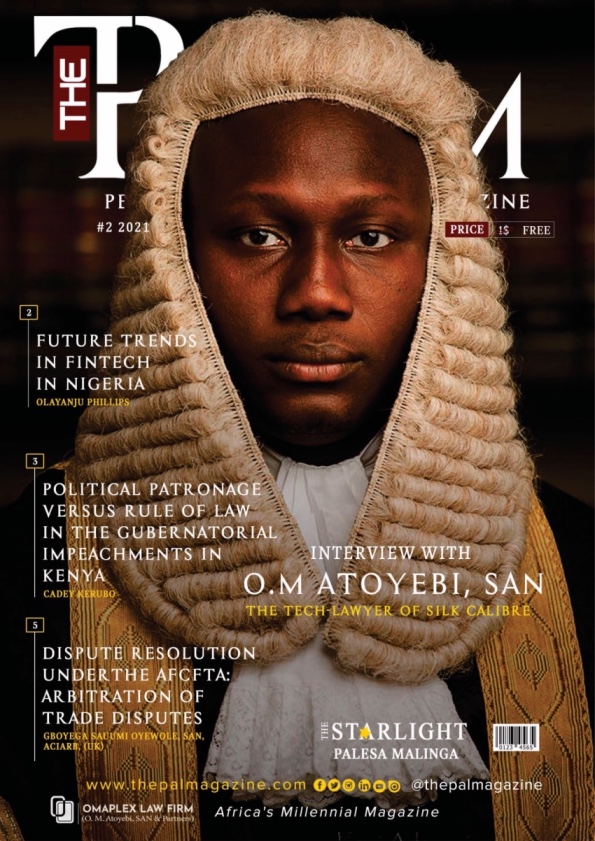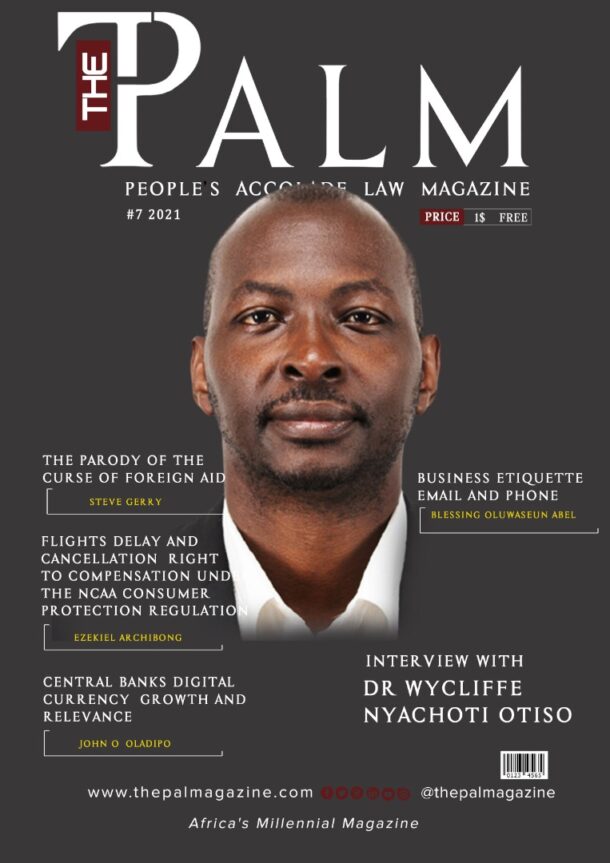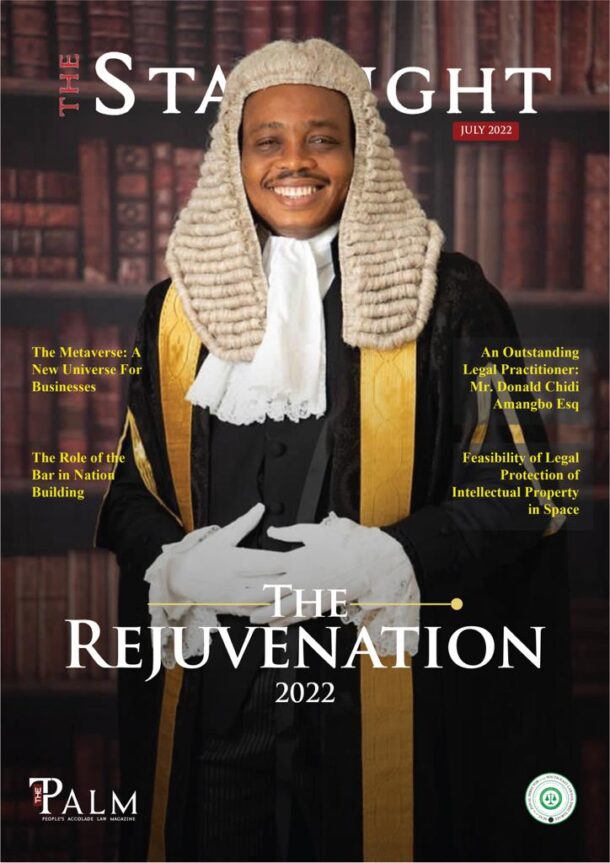In 2010, Kenya promulgated transformative and progressive Constitution. The Bill of Rights protects human and people’s freedoms and rights. These include the right to equality before the law and non – discrimination; right to freedom of conscience and thought; right to free consent in marriage; and right to access justice. However, section 73(2)(a) of the Marriage Act negates these fundamental freedoms and rights. It bars annulment proceedings after one year of celebration.
Marriage is a voluntary union of man and woman whether in a monogamous or polygamous union and registered. A marriage can be civil, customary, Hindu, Islamic or customary. Christian, Hindu or civil marriages are monogamous while the presumption is that customary or Islamic marriages are (potentially) polygamous.
Marriages can be converted either forms. A person is not competent to contract a monogamous marriage while in subsisting marriage. Section 11(c) of the Act voids such a marriage. Indeed, it is a ground of annulment. However, section 73(2)(a) one year self-limitation.
A few observations on section 73(2)(a) suffice. First, the use of injunction ‘and’ at the end of sub section (b) connotes that for the remedy of annulment to be granted, the petitioner must meet all the conditions under section 73(2). Secondly, sub–section (a) is mechanical and ‘closed’ to the time knowledge or discovery of facts for petition for annulment. Thirdly, the sub–section locks out petitioners from instituting annulment proceedings outside one year. The last observation is rhetoric. Does the provision validate void marriages beyond one year? Such ambiguity puts the constitutionality of the section on spot.
In view of the above observations, this article finds that section 73(2)(a) of the Marriage Act offends the Constitution in the following manner. First, the provision contravenes petitioner’s right to access to justice. For instance, what if a party discovers that the partner was in subsisting marriage after one year? The provision condemns the spouse to eternal silence. Secondly, the provision is discriminative. Parties in civil marriages have been discriminated from accessing the statutory remedy of annulment beyond one year after celebrating the marriage. Thirdly, the provision contravenes the right to conscience, thought and belief andforces spouses to be in marriage that either wants to annul. Lastly, impugned provision contravenes negates free consent in marriage through limiting annulment to one year.
The above findings are buttressed by comparative studies in other jurisdictions like USA, India, Uganda and UK. All these countries do not have time limitation when one wants to annul marriage on ground that either party lacked capacity to marry by being in subsisting marriage.
In ideal, spouses may know the marital status of each other before entering into marriage. This can be done through due diligence on the marriage register. Indeed, the statute requires all marriages to be registered. However, there exist both statutory and practical challenges on this.
First, Kenya does not have a register of all marriages. Customary marriages have not been registered, despite the statutory requirement. Secondly, presumption of marriage is prevalent. Even though not under the statute, courts continue to recognize such marriages. This social- legal reality creates a challenge in conducting due diligence.
Recently, the High Court at Malindi developed the doctrine of presumption of divorce, where marriage was presumed. In both cases, legal formalities are not considered. The article advocates for choice within the marriage institution. If fundamental ground for annulment exists that goes to the root of marriage exists, there should be no statutory limitation for annulment. Entering and existing marriage institution should be on free will, choice and voluntary.
In conclusion, section 73(2)(a) of the Marriage Act is unconstitutional. It offends the Bill of Rights. It departs from similar provisions in comparative jurisdictions. It undermines the pillars of marriage institution – free will, choice and voluntariness. It calls for urgent review.

#6 2021 Edition
*The author is an advocate of High Court of Kenya, based in Eldoret. He is also a Public Interest Litigation Fellow at Kenya Human Rights Commission. Email – mainanyabuti@yahoo.com


